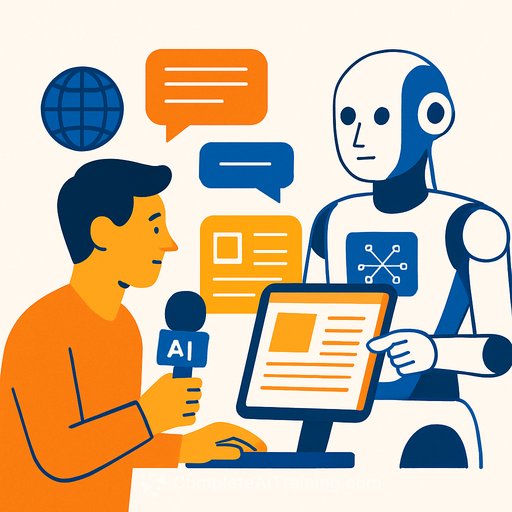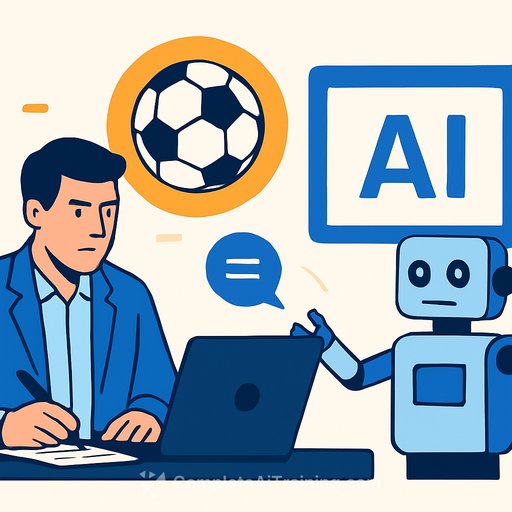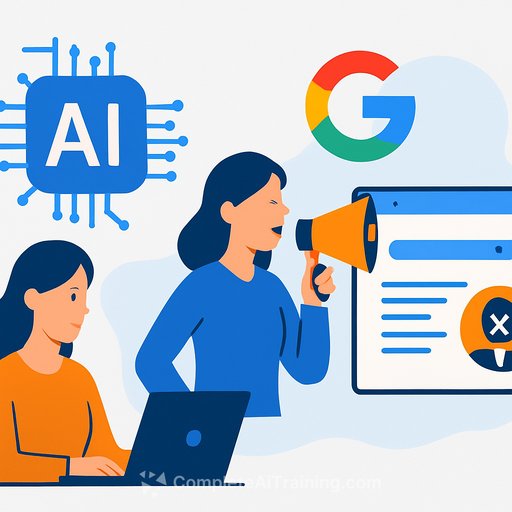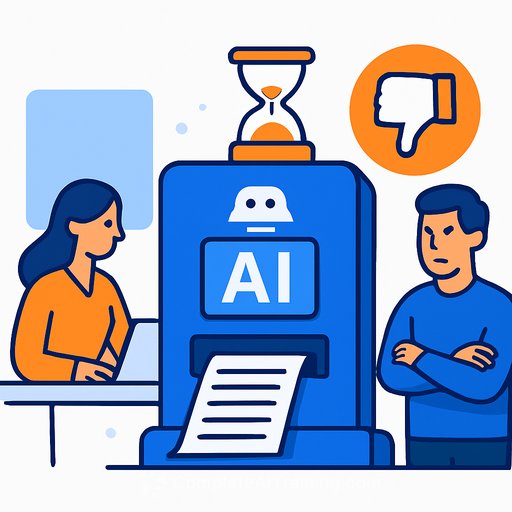Will Journalists Fall Behind in the Race with Artificial Intelligence?
When AI Becomes the New News Narrators
The rise of artificial intelligence in media has changed how news is produced and raised important questions: Can technology replace human storytelling, or is there a unique human touch that no algorithm can match? AI is now a serious player in journalism—from generating content and analyzing data to writing complex reports.
But what does this mean for journalists? Will AI replace them or even outperform them? These are pressing issues media professionals and AI experts are actively discussing.
How AI is Shaping Journalism Today
AI is already embedded in many journalistic tasks. Tools like ChatGPT help write news articles, data analytics predict trends and events, and AI systems personalize news delivery for individual users. Media organizations use these technologies to deliver news faster and more efficiently.
Benefits of AI in Media
- Speed and Accuracy: AI can analyze information and generate news reports quickly and with precision. This helps news outlets break stories faster while lowering costs by automating routine writing tasks.
- Personalized Content: AI customizes news based on what users want to see, making the experience more relevant and engaging.
- Advanced Data Analysis: AI processes huge data sets to uncover hidden patterns, assisting journalists in producing deeper, more accurate reports.
Challenges and Concerns
- Threat to Jobs: AI’s ability to produce news rapidly and accurately raises anxieties about journalists losing their roles, especially in fast-paced or data-heavy reporting.
- Lack of Human Insight: AI can’t feel emotions or grasp human experiences, which limits its ability to create stories that truly connect with audiences.
- Accuracy and Ethics: Language models sometimes generate incorrect or misleading information, which can damage trust if not carefully monitored.
- Legal Accountability: Questions remain about who is responsible if AI-generated reports contain errors or violate privacy.
Will Journalists Be Left Behind?
AI can handle many journalistic tasks, but it won’t replace the human creativity, critical thinking, and emotional judgment that define quality journalism. Experts agree that the best results come from combining human expertise with AI’s processing capabilities. For example, AI can take over routine writing, freeing journalists to focus on analysis and investigation.
Mahdieh Choupani, a technology journalist, shares her perspective: “AI is infiltrating many areas and poses a threat to some jobs. But not all jobs will disappear; new roles will emerge. Journalism is one of the fields affected.”
She explains that AI excels at using existing data—background info and interviews—to produce quick and accurate reports. This means some traditional journalism tasks may shrink, especially as AI tools like ChatGPT make it easier to create in-depth reports fast.
Choupani adds, “While journalism in our country may not change dramatically soon, AI’s impact is clear. Media professionals must learn to use AI effectively. Understanding how to feed AI the right information and get useful outputs will be key. Those who adapt will find new opportunities, while others risk falling behind.”
What This Means for Writers
For writers and journalists, AI is a tool to be mastered, not feared. Learning to work alongside AI can improve productivity and open doors to new types of storytelling. Building skills in AI-assisted writing and data analysis will keep professionals competitive.
If you're interested in expanding your skills with AI tools relevant to writing and journalism, explore courses focused on ChatGPT and prompt engineering available at Complete AI Training.
Adapting to AI technologies is essential. Journalists who embrace these tools can enhance their work and continue to provide valuable, insightful content in an evolving media landscape.
Your membership also unlocks:





